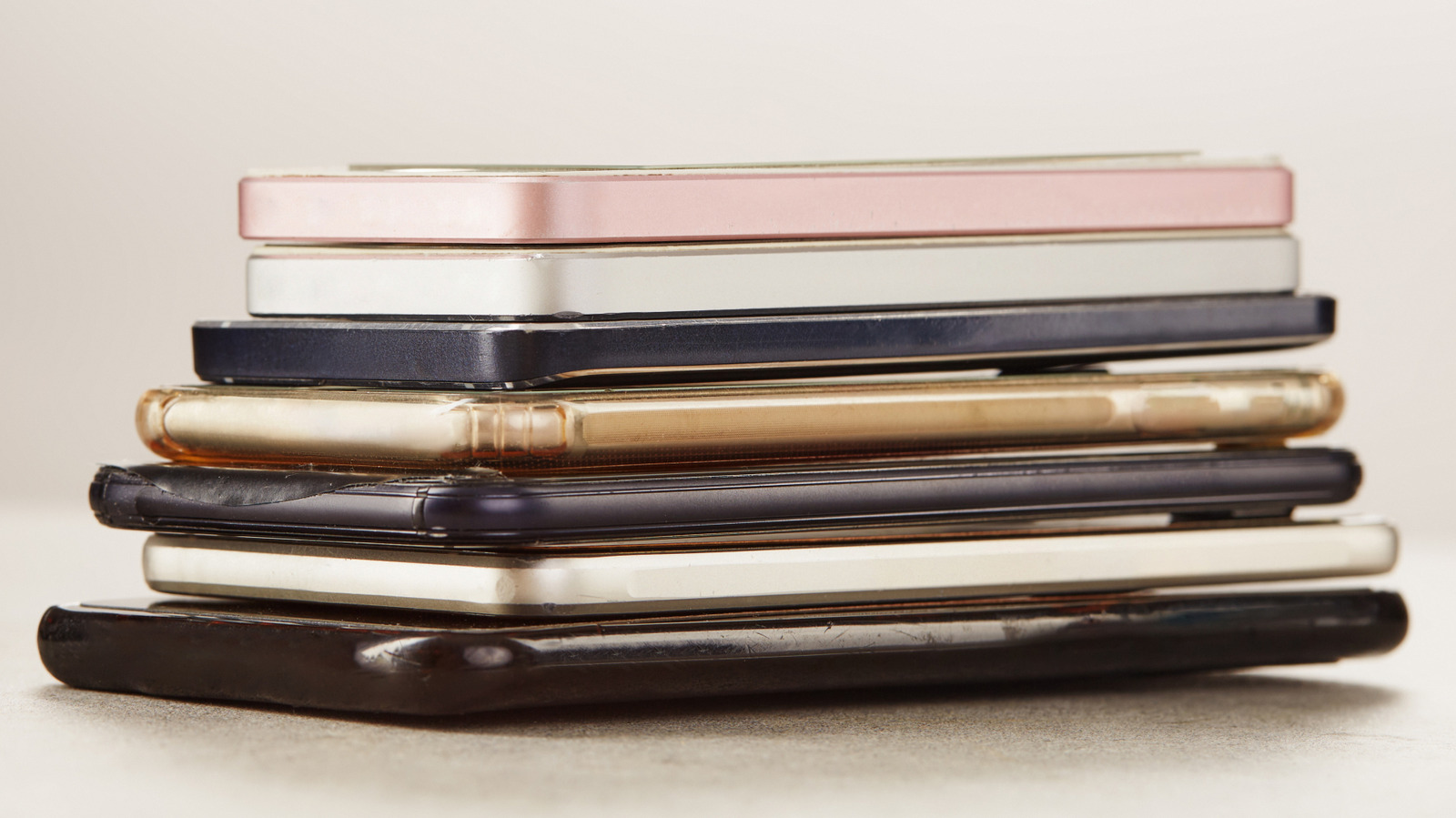I have no criminal record. I do not watch cable news. I am not an influencer (outside of my nieces). I am a human rights organizer, lawyer, and professor. I am tall, Latino, and arguably handsome.
In the second Trump administration, perhaps that is enough to be randomly selected.
Saturday, 11:50 PM, LAX: Upon my arrival at the passport checkpoint, Agent #1 from the Department of Homeland Security scans my identification and directs me to wait. I ask why.
“You have been randomly selected.”
Agent #2, dressed in civilian clothing with sunglasses atop their head and a bulletproof vest under their jacket, leads me to another part of the airport. Agent #2 attempts small talk: “How was your trip, Mr. Romero?” I respond, “Was going well until now.”
What is happening? And why? I am a frequent flyer, a California resident with government-issued Global Entry, and have no items to declare. Just a backpack containing books, clothes, and snacks. I am a US citizen. I pay taxes. I have just returned from Ecuador, where I was working on rights of nature advocacy. I feel annoyed.
We arrive at a bright and empty screening area where Agent #2 meticulously examines the contents of my backpack. Agent #2 asks why I travel so lightly. I say it is cheaper that way.
“What countries have you been to?” Too many to name, officer.
“What kind of people do you help?” The ones targeted by people like you.
“How was law school?” Like high school, everyone was scared to not fit in.
“Can I examine your phone without its case?” The outside, sure.
“What are your social media accounts?” I hardly use any.
“Do you recognize these phone numbers I will read to you?” I do not know from memory — who are you looking for and how am I relevant?
“Do you remember entering the US from Canada in 2009?” No, I have crossed many times at various ports of entry.
“Do you know anyone by the name of…?” Somewhat, from many years ago — why do you ask?
Agent #2 retreats into an office to consult with superiors, leaving me to negotiate eye contact with two other observing agents who claim to not know why I am being interviewed. I feel a rush of anger at the injustice and at my own impotence.
Eventually Agent #2 returns and indicates that I am free to go. The time is now 1:25am.
I have been randomly selected. This is how it feels.
Six days later, 7:15 AM, SNA: In the security line, TSA Agent #1 scans my identification and directs me to wait. I ask why.
“You have been randomly selected.”
I feel my body temperature rise.
Agent #2 escorts me to a different line. Agent #3 examines my belongings while Agent #2 instructs me to step through first one metal detector, then a second one, with my hands high and legs spread.
Agent #4 manually checks my waistband and crotch. Agent #5 hands agent #2 a color photocopy of my identification and boarding pass. Agent #3 carries my belongings to a separate screening area and begins to examine my toiletries and phone case.
Agent #6 performs another exam, this time of my neck, armpits, chest, buttocks, crotch again, legs, bottom of feet — everything except the top of my head. Perhaps he could not reach?
Agents #2 and #3 watch me. I watch them back.
I feel the indignation of being targeted and the humiliation of being groped before a vapid and complicit audience. This is how our society harms itself.
Eventually, Agent #2 returns my identification along with my boarding pass, now punched with multiple holes. As I quickly put my belt, shoes, and dignity back on, I ask Agent #2 if he truly does not know why I am being taken through this process. He says he only sees the “SSSS” on my boarding pass and follows orders. “Quad S” he calls it, assuming I will know it means “Secondary Security Screening Selection,” and waddles away smugly.
I have been randomly selected. This is how it feels.
Two days later, 3:30 PM, SFO: In the security line, TSA Agent #1 scans my identification and directs me to wait. I ask why. Agent #1 says the system has an alert.
Agent #2 arrives to escort me through a dedicated security lane and directs me to walk through two metal detectors. Agent #3 examines my body — this time no bottoms of feet or hair yanking. Agent #4 appears with my belongings that have been examined. Agent #2 returns my identification and boarding pass and apologizes for the inconvenience.
I am surprised. These airport encounters have invoked many feelings, but none have been sympathetic. Small acts of kindness can make a difference. I turn to Agent #2, “I appreciate the compassion, officer — it is not common.”
Agent #2 smiles and nods. I return the nod, pull up my pants, and hurry to my gate.
I have been randomly selected. This is how it feels.
A week later, 10:05 PM, LAS: In the security line, Agent #1 from TSA scans my identification and directs me to step aside. I ask why. Agent #1 does not respond.
Agent #2 eventually arrives and tells me I have been randomly selected. I reply that this is not random and that my flight is now boarding. Agent #2 assures me that I will not miss my flight, as all airlines wait for passengers selected for additional security screening. I encourage Agent #2 to check his sources for that fake news.
I understand this ordeal is not this or any agent’s fault. Though, to be sure, some agents do have faulty attitudes. In the end, they are just following someone else’s orders.
I have been randomly selected. This is how it feels.
Are the skies any safer with this profiling? How many others are also being randomly selected? Why does “random” feel retaliatory? And why me?
I am not organizing to smash the state. I am organizing those affected by immigration raids. I am not on the front lines of pro-choice or Palestine. I am caring for my grandma and teaching my students. I am not campaigning against the current regime. I am, as of today, writing opinion pieces.
Perhaps that is enough to be randomly selected.
Resources for support if you are targeted by airport security:
What SSSS means on your boarding pass
TSA security screening overview
DHS TRIP (Traveler Redress) official portal to refer to if this keeps happening to you
CBP: Border searches of electronic devices — authority and FY2024 stats
WIRED reporting on device-search trend
Government Accountability Office on secure flight performance/matching errors
Camilo A. Romero is co-founder of ReGeneración (www.regeneracion.co), a peace-building initiative committed to healing intergenerational trauma. He teaches law focused on transitional and restorative justice. Camilo volunteers as a youth basketball coach and, by the grace of God or the internet, is also a licensed minister. Most importantly, Camilo is the older brother of two forgiving sisters and a proud uncle of four poderosas.









